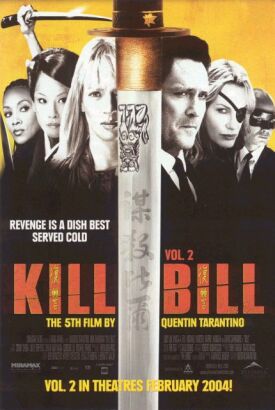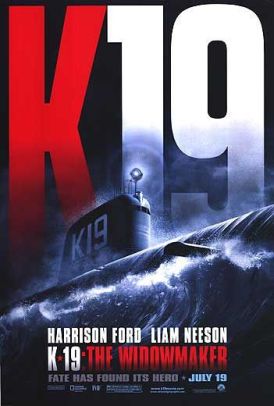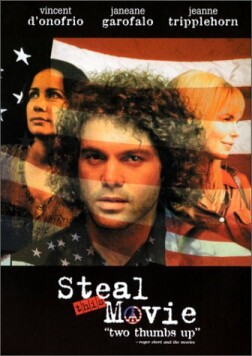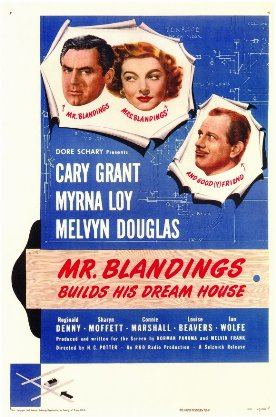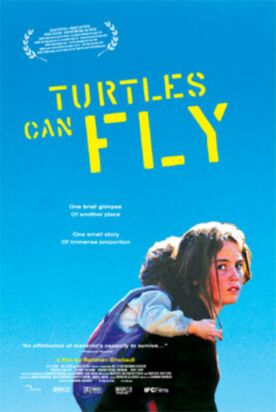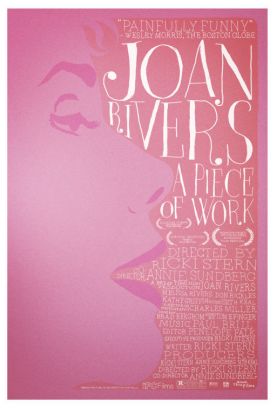Kill Bill: Volume 2
It seems odd to me that so few critics have remarked on the sexual aspect of Quentin Tarantino’s movie Kill Bill: Volume 2 — or Kill Bill: Volume 1 for that matter. Over and over again we are told by those who, one is uncharitably disposed to suspect, want to show off their own knowledge of junk cinema that the allusive Mr Tarantino is quoting, here, from this Kung Fu flick of the 1970s or, there, from a spaghetti Western of the 1960s. Yet one after another of them neglects to mention this salient difference between QT and his myriad models. His hero, played by Uma Thurman, is a girl. Most likely film critics, who tend to be a pretty p.c. bunch, think it in slightly bad taste to mention this. So what if she’s a girl? Or rather, a woman? Why shouldn’t she be? We don’t think — do we? — that women are any less capable than men of killing people with their specially made samurai swords.
Was it then just coincidence that the heroes of all those other films were men? Or was it merely the force of unthinking habit and prejudice on the part of their creators that made all those earlier incarnations of the solitary avengers and seekers after honor into men? There may be critics who think this, but Quentin Tarantino himself does not. Or so I infer from his exploitation of the role’s sexual incongruousness for humorous purposes. Clearly, the whole point of the film is to take an old-fashioned chivalric model and, by putting a woman in the role of the knight in armor, at a stroke to make it all hip and ironic.
For it is not just martial arts epics and B-pictures from the 1950s that Tarantino quotes from. There is also the whole genre of cheesy, post-modern tough-gal movies of the 1990s from La Femme Nikita (and its dreadful American re-make, Point of No Return) to Charlie’s Angels. These began the practice of pretending not to notice anything out of order when beautiful, slightly-built young women beat the tar out of much larger and nastier men, and Tarantino is paying them his usual affectionate tribute. But he is doing so with a purpose. Repeatedly, he makes a joke out the heroine’s gender, even in her name, now revealed as Beatrix Kiddo, which incarnates both her creator’s ironic take on Dante and the patronizing slang of male heroes of the movies of the 1940s and 50s to their devoted female accessories, here used by an unexpectedly literal Bill (David Carradine).
Likewise, we are meant to laugh when Bea says to Elle Driver (Darryl Hannah), both of them armed with special swords made by Hattori Hanzo, just before their big showdown: “Just between us girls, what did you say to Pai Mei to make him put out your eye?” But the best joke of all comes at the end when Beatrix bursts in upon Bill, hot to take her long-sought revenge, and finds him playing with the four year old daughter, B.B. (Perla Haney- Jardine), she gave birth to after being shot by him. “Bang, bang,” says the child pointing a toy gun at her: “You’re dead, mommy.”Tarantino could not have been unaware of the cultural resonances of this scene. Conscientious feminists who, aware of the connections between male socialization and violence, refuse to allow their sons to play with guns, or anything that can be made to resemble a gun, must be terribly conflicted about this indication that the child, like her mother, is being molded by Bill into a girl at home with a boy’s game.
Moreover, it turns out that the mainspring of the whole multi-volume cinematic gore-fest was Beatrix’s decision, at the very moment of discovering her pregnancy, to spare her child this initiation into the mystery of the assassin’s craft. “I didn’t want you to claim her,” she tells Bill before their final showdown. “She deserved to be born with a clean slate.” What is being revenged, therefore, is not just Bill’s shooting up Bea’s wedding party and leaving her for dead but all men who mistreat and abandon women and children and perhaps Tarantino’s own fatherless childhood. Underneath all the ironic chivalry there is a real chivalry that Tarantino has often plainly acknowledged.
The film also belongs to another genre much exampled during the 1990s: movies which celebrate the romance of single motherhood. Here, mommy kills daddy with the Five Point Palm Exploding Heart trick, sheds a few tears and then happily begins life alone with her child who, remember, “deserves a clean slate.” The closing credits identify her as: “Beatrix Kiddo/aka Black Mamba/aka Mommy,” announcing in high-flown comic book style that “The lioness has joined her cub and all is well in the jungle.” But the comic book trappings, like the gender dislocation, suggest that it is all unreal and meant to be seen as unreal. Or, as Mr. Tarantino puts it: “Violence is the funnest thing you can do at the movies.” At the movies, maybe, but not anywhere else. That’s how we know that in Kill Bill, as in his movie-besotted childhood, Tarantino is seeking refuge from reality in pulp fiction.
Discover more from James Bowman
Subscribe to get the latest posts to your email.

